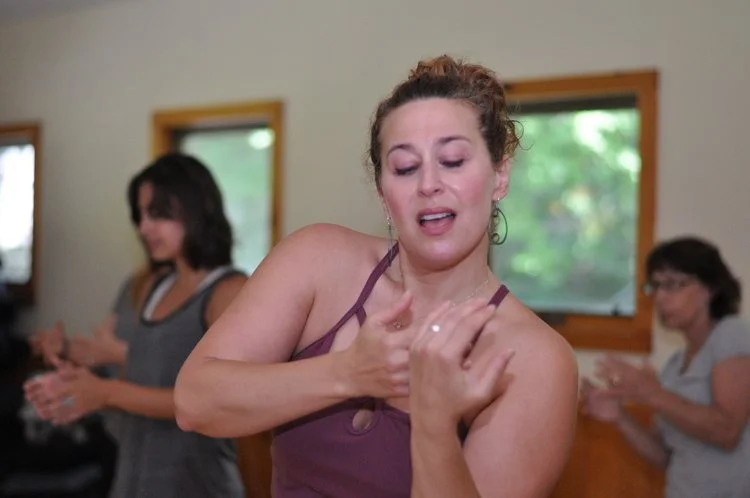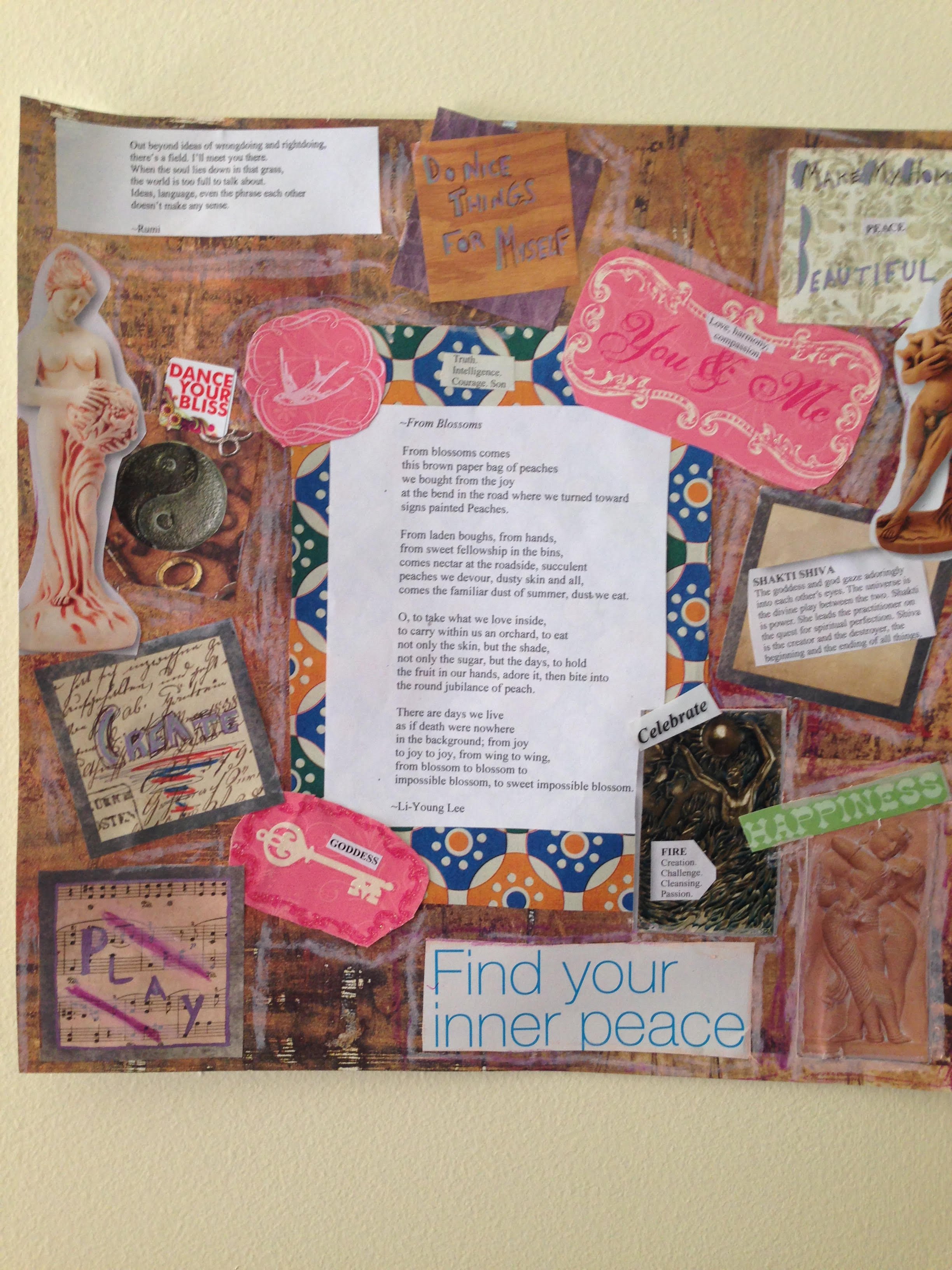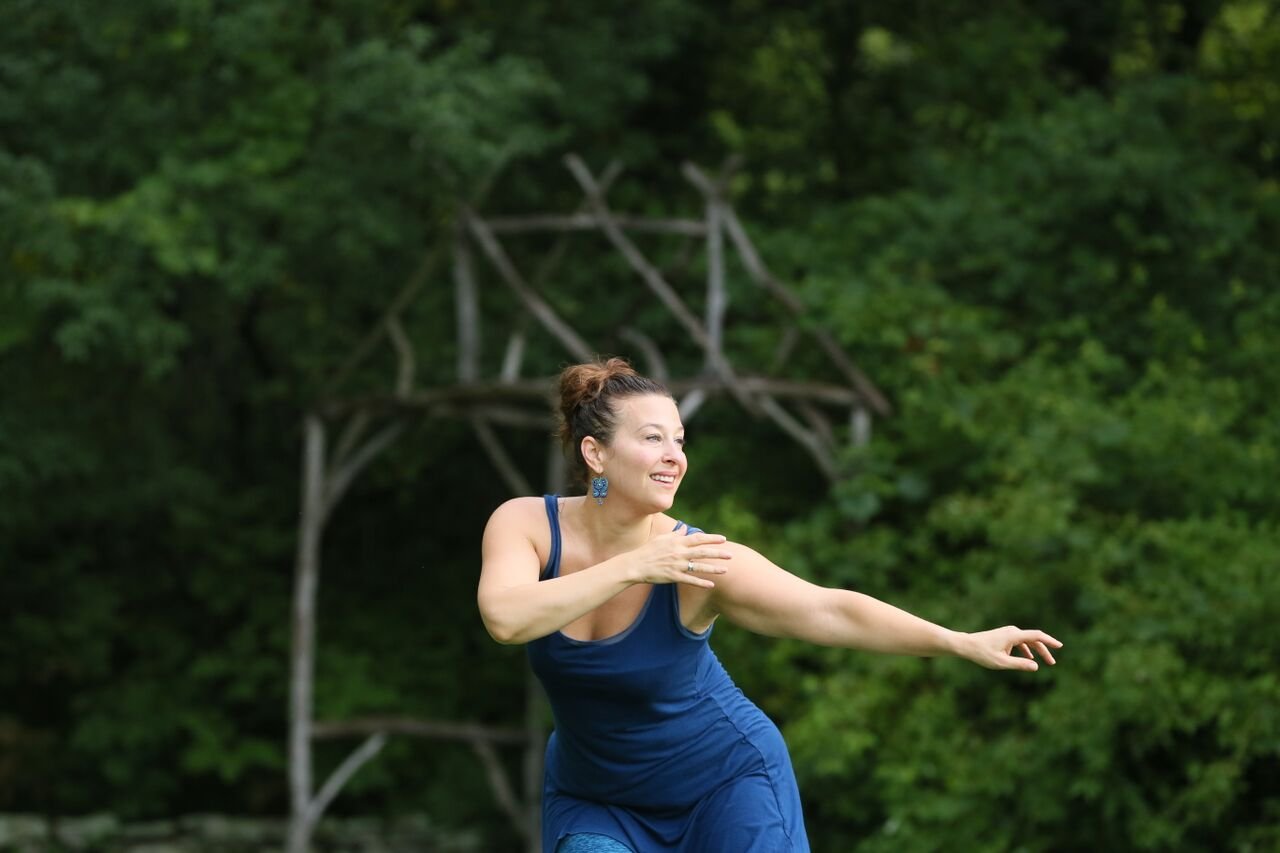
The Healing Power of Presence: Why In-Person Therapy Still Matters
Feeling overwhelmed? Discover how to slow down, practice self-compassion, and embrace emotional healing with simple mindfulness techniques. Find peace, joy, and balance in your everyday life. Read Rachel Fleischman’s guide to nurturing your emotional well-being today.

Embrace Your Inner Calm: A Gentle Path to Healing
Feeling overwhelmed? Discover how to slow down, practice self-compassion, and embrace emotional healing with simple mindfulness techniques. Find peace, joy, and balance in your everyday life. Read Rachel Fleischman’s guide to nurturing your emotional well-being today.

Title: When Life Feels Heavy, Start Here
When life feels heavy, start here.
You don’t have to be in crisis to seek support. You don’t have to have the perfect words. You just have to be willing to show up—tender, messy, real.
Whether you're navigating grief, anxiety, exhaustion, or simply feeling off, you deserve a space to breathe, feel, and be met with compassion.
This is what I offer—through therapy and through Dance Your Bliss®. A place to land. A way back to yourself.
✨ You are not too much.
✨ You are not too late.
✨ Your healing is already unfolding.

When June Knocked Me Down (and What I Learned About Healing)
A personal story of healing after injury and illness, exploring somatic recovery, emotional resilience, and the power of community support.

The Wisdom in the Pause
Read on to learn how to up your creative genius, improve your immune system, and ramp up the Bliss in your life. So many of us marvel at other people's artistic achievements and ingenuity. But most of us fail to to nurture our inner innovator. Actually, we are all creatives. It occurred to me the other day, how many of my clients and students are creative geniuses.

How to Heal (for Real) with the NeuroSomatic Method
Feeling Tired All the Time? You’re Not Alone.
As a trauma-informed therapist, I’ve been hearing the same thing from clients, students, and colleagues lately:
“I’m exhausted but I’m not doing that much.”
“My motivation is gone.”
“I feel foggy all the time — what’s wrong with me?”
We often assume it’s burnout — and it might be. But more often than not, I gently offer a different lens:
What you’re feeling may actually be grief.
The Hidden Grief Beneath Our Exhaustion
This isn't just about loss in the traditional sense. Many of us are carrying collective and cumulative grief — from a pandemic that reshaped our lives, from global instability, from the loss of normalcy, touch, milestones, and connection.
This kind of unspoken grief is sneaky. It lives in the body. It lingers under productivity pressure and “getting back to normal.”
As a therapist and somatic practitioner in San Francisco, I’ve witnessed how suppressed grief often shows up as:
Chronic fatigue
Emotional numbness
Anxiety or irritability
Trouble concentrating
Feeling disconnected from your body
A strange sense of “blah” — even when life seems okay on paper
Burnout or Grief? Here’s How to Tell
While burnout is often tied to prolonged stress and overextension, grief is rooted in loss — including ambiguous loss, like the loss of certainty, rhythm, or identity.
Here’s a quick breakdown:
BurnoutGriefCaused by doing too much for too longCaused by loss or changeFeels frantic, edgy, restlessFeels heavy, slow, foggyRelief comes from rest and boundariesRelief comes from acknowledgment and emotional processing
How to Tend to Grief in a Nervous System-Safe Way
You don’t need to fix grief — but you can support it.
As a somatic therapist, here are a few gentle, body-centered ways I recommend to support grief and emotional exhaustion:
Name it out loud. Grief softens when it’s witnessed.
Let your body speak. Move, stretch, dance, cry — let it move through you.
Ditch the timeline. Grief doesn’t follow deadlines — it follows love.
Find a trauma-informed therapist who understands nervous system regulation and emotional integration.
Be radically kind to yourself. Some days, your only job is to be gentle.
Support Is Here
If you're navigating stress, grief, or simply feeling not like yourself, know this:
You are not broken.
You are not behind.
You are processing something sacred.
I offer online therapy throughout California and in-person somatic therapy in San Francisco.
Together, we can create a space to honor your nervous system, release stuck emotions, and help you feel more grounded and whole.
📩 Want More Support?
Sign up for my newsletter to receive monthly reflections on embodiment, resilience, and mind-body healing — plus tools to support your emotional well-being.
And if you’re ready for 1:1 work, reach out. I’d be honored to support your healing journey.

Do You Want to Change? Here’s How:
What if bliss was your natural state? Discover the power of NeuroSomatics—where movement, breathwork, and neuroscience meet to unlock joy & resilience. In this FREE event, psychotherapist Rachel Fleischman shares body-based practices to rewire your brain for happiness. Sign up now!
Feel lighter, freer & more energized! Neurosomatics is a powerful mind-body approach that helps reset your nervous system, relieve stress, and activate joy. Join Rachel Fleischman in this FREE Shift Network event to explore movement, mindfulness & neuroplasticity. Register now!
Rewire your brain for bliss! Through intentional movement, breathwork, and expressive practices, Rachel Fleischman will guide you in unlocking joy, creativity, and ease. This FREE event is your chance to experience the transformative power of Neurosomatics! Sign up here

Love Is a Practice, Not Just a Feeling
February brings heart-shaped chocolates, grand gestures, and the idea that love should always feel magical. But real love? It’s not just a feeling—it’s a practice. It’s in the quiet moments of choosing each other, even when life feels overwhelming.
Love grows in the everyday acts: pausing to listen, offering kindness in frustration, reconnecting after hard days. This month, instead of focusing on what’s missing, try celebrating what’s already there. Love isn’t about perfection—it’s about presence.

New Year, Same You—And That’s Okay
As January unfolds, the world bombards us with messages of reinvention—new year, new you! But here’s a radical thought: What if you don’t need a total transformation? What if, instead of striving to become someone else, you embraced the person you already are?
This year, rather than setting resolutions that feel like punishments, let’s focus on gentle, sustainable growth. Let’s celebrate our strengths, set intentions rooted in joy, and give ourselves permission to evolve at our own pace. You are enough, just as you are. And if change is calling, let it be guided by kindness, not pressure.

Find Joy This December: 3 Daily Gems to Reduce Stress and Renew Your Energy
Discover 3 simple practices to reflect, renew, and reduce holiday stress this December. Inspired by Dance Your Bliss, these daily gems bring joy, mindfulness, and balance to the season. Start your journey to a blissful New Year today!

How to Feel Better During the Holidays: Expert Tips For Navigating Stress, Loneliness and Overwhelm
The holidays are often painted as a season of joy, connection, and celebration. But for many of us, this time of year can also bring up stress, overwhelm, and even loneliness. Whether you’re navigating family dynamics, managing grief, or simply trying to keep your head above the tide of obligations, it’s okay to feel less than festive.
As a seasoned psychotherapist based in San Francisco, I’ve worked with countless individuals and couples who struggle with this very issue. Here are some practical tips to help you not just survive but thrive this holiday season.

One Letter Can Change Everything;
One letter can change everything in the meaning of the word.
There’s a story about a monk who travels deep into the caves in search of the ancient scrolls. When he’s gone for many hours, another monk goes in search of him. The monk finds the elder on his knees, weeping inconsolably, rocking back and forth saying: “The word is CE-LE-BRATE.” Read on.....

Jigsawing My Way to Bliss
My students often imagine my life to be a lot more interesting than it actually is.
I don't want to disappoint, but I'm kinda boring.
That is to say I have developed an interest, an obsessed need actually, for jigsaw puzzles.
Here's the deal: It's so satisfying.

8 Ways to Nurture Your Creative Genius
Read on to learn how to up your creative genius, improve your immune system, and ramp up the Bliss in your life. So many of us marvel at other people's artistic achievements and ingenuity. But most of us fail to to nurture our inner innovator. Actually, we are all creatives. It occurred to me the other day, how many of my clients and students are creative geniuses.

An Easy Fix For a Comparing Mind
So many of us live from the neck up. Yet we know that movement is the antidotes to anxiety, depression, trauma, OCD, perfectionism, grief. Movement and dance help us recover psychologically.
Regular movement changes our brain in ways that are a natural antidepressant. It also restructures the brain to make it more sensitive to pleasure and joy and more resilient to stress.

Get Out of Your Head and Into Your Feet
So many of us live from the neck up. Yet we know that movement is the antidotes to anxiety, depression, trauma, OCD, perfectionism, grief. Movement and dance help us recover psychologically.
Regular movement changes our brain in ways that are a natural antidepressant. It also restructures the brain to make it more sensitive to pleasure and joy and more resilient to stress.
